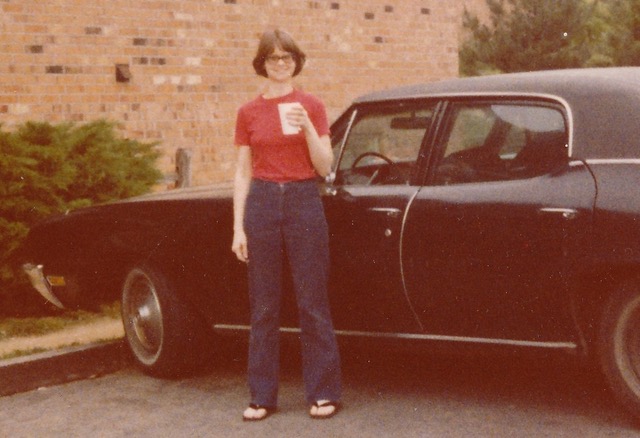I worried and prayed and strove and sought advice and everything else with regard to traits in my children that concerned me. Nothing I did worked. But, one day, some problems disappeared. If I had known it would be so, I would have avoided the heartache for everyone by my striving.
I told this to a father of young children along with my other observation that some traits never change. See Children Don’t Change Here
How do you know which foibles children will outgrow if you leave them alone?” he asked.
“You don’t,” I said. “Just take comfort that sometimes—actually many times—it happens as they mature.”

Is there something that you need to let go and give some time?
When I approach a child, he inspires me in two sentiments—tenderness for what he is and respect for what he may become.
Louis Pasteur




